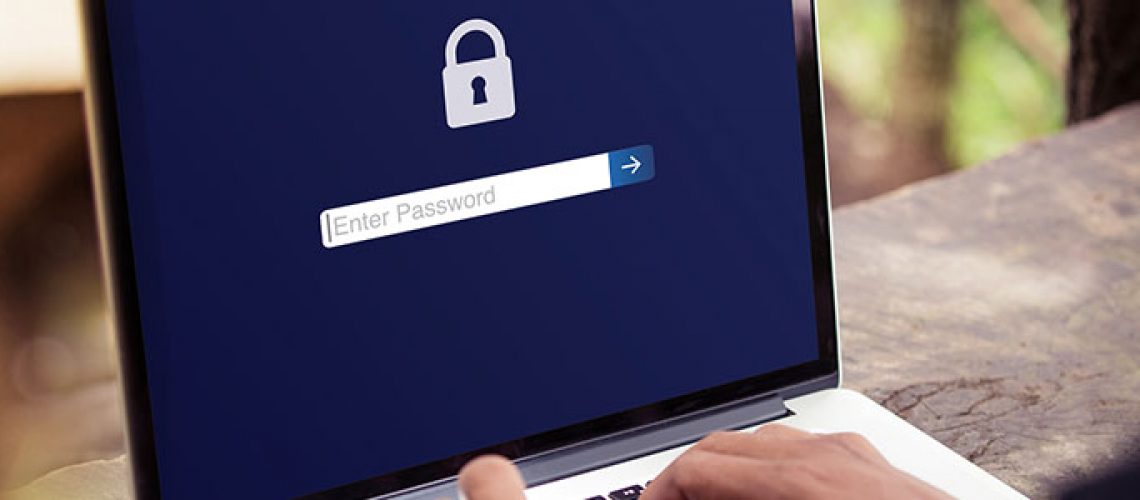 For years, we’ve been told that strong passwords include three things: upper- and lowercase letters, numbers, and symbols. And why wouldn’t we when the National Institute of Standards and Technology (NIST) told us they were the minimum for robust passwords? Here’s why not and how it involves you.
For years, we’ve been told that strong passwords include three things: upper- and lowercase letters, numbers, and symbols. And why wouldn’t we when the National Institute of Standards and Technology (NIST) told us they were the minimum for robust passwords? Here’s why not and how it involves you.
The problem
The issue isn’t necessarily that the NIST advised people to create passwords that are easy to crack, but it steered people into creating lazy passwords, using capitalization, special characters, and numbers that are easy to predict, like “P@ssW0rd1.”
This may seem secure, but in reality, these strings of characters and numbers could easily be compromised by hackers using common algorithms.
To make matters worse, NIST also recommended that people change their passwords regularly, but did not define what it actually means to “change” them. Since people thought their passwords were already secure with special characters, most only added one number or symbol.
NIST essentially forced everyone to use passwords that are hard for humans to remember but easy for computers to guess.
Recently, the institution admitted that this scheme can cause more problems than solutions. It has reversed its stance on organizational password management requirements, and is now recommending banishing forced periodic password changes and getting rid of complexity requirements.
The solution
Security consultant Frank Abagnale and Chief hacking officer for KnowBe4 Kevin Mitnick both see a future without passwords. Both security experts advise enterprises to utilize multifactor authentication (MFA) in login policies.
This requires users to present two valid credentials to gain access to their data. For instance, a code texted to an employee’s smartphone can serve as an added security measure to thwart hackers.
Moreover, Mitnick recommended implementing long passphrases of 25 characters or more, such as “correcthorsebatterystaple” or “iknewweretroublewhenwalkedin5623”. These are much more difficult to guess and less prone to hacking. As for the frequency of changing passphrases, it will depend on a company’s risk tolerance.
Simply put, passwords should be longer and include nonsensical phrases and English words that make it almost impossible for an automated system to make sense of.
Even better, you should enforce the following security solutions within your company:
- Single sign-on – allows users to securely access multiple accounts with one set of credentials
- Account monitoring tools – recognizes suspicious activity and locks out hackers
When it comes to security, ignorance is the biggest threat. If you’d like to learn about what else you can do, just give us a call.


